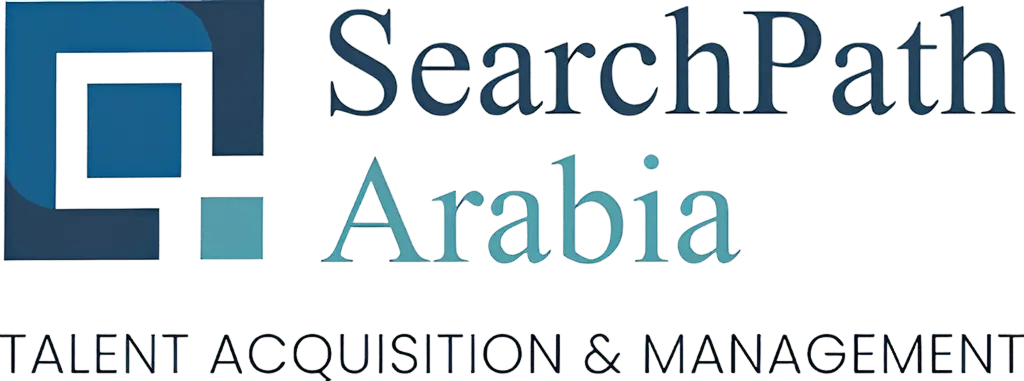Current ad agency model dynamics are changing as traditional agencies struggle to adapt to modern demands. The advertising industry is witnessing a seismic shift, with management consultants and digital strategies increasingly taking center stage. In this post, we examine the factors driving the obsolescence of the current ad agency model and discuss the need for innovative approaches in today’s competitive landscape.
Introduction
The current ad agency model—once the backbone of brand promotion and creative strategy—is facing unprecedented challenges. As companies shift their focus toward agile, data-driven solutions, traditional ad agencies are finding it difficult to keep pace. This transformation is largely driven by the emergence of management consultants who are stepping in with fresh perspectives and strategic insights. For a deeper dive into how these changes are unfolding, read more here….
The Shifting Landscape of Advertising
Disruption by Management Consultants
Management consultants are increasingly encroaching on areas once dominated by ad agencies. Their analytical and digital-first approach enables companies to access strategic insights that are more aligned with today’s business needs, signaling a significant departure from the conventional model.
Limitations of the Traditional Ad agency Model
- Lack of Agility:
Traditional ad agencies often struggle to adapt quickly to the fast-paced digital environment, leading to outdated methodologies that no longer resonate with modern consumers. - Cost Inefficiencies:
High overheads and lengthy production cycles are common in the traditional model, making it less appealing compared to more nimble, cost-effective alternatives. - Diminished Creative Impact:
In an era where personalized and interactive marketing is key, broad, generic campaigns fall short. The current ad agency model is increasingly seen as out-of-touch with the evolving demands of digital audiences.
The Need for a New Approach
As the current ad agency model becomes less effective, companies are compelled to explore innovative strategies. Embracing agile methodologies, leveraging digital tools, and integrating cross-functional teams that combine creative talent with technical expertise are essential steps. This shift not only drives efficiency but also fosters a culture of innovation within the advertising industry.
Q&A The Obsolescence of the Current Ad Agency Model
Q1: Why is the traditional ad agency model considered obsolete?
A1: The model is viewed as obsolete due to its lack of agility, high costs, and inability to deliver personalized marketing in a digital-first world.
Q2: How are management consultants influencing the advertising industry?
A2: They are providing strategic, data-driven insights that allow companies to respond rapidly to market trends, often outperforming the traditional ad agency approach.
Q3: What steps can companies take to adapt to these changes?
A3: Companies should integrate agile methodologies, embrace digital innovations, and form strategic partnerships that blend creative and technical expertise.
Conclusion
The current ad agency model is undergoing a profound transformation. As traditional methods give way to more innovative, data-driven strategies, companies must rethink their approach to advertising. By embracing new methodologies and leveraging the expertise of management consultants, brands can position themselves for success in an increasingly digital world.
Reach out to SearchPath Arabia Here


